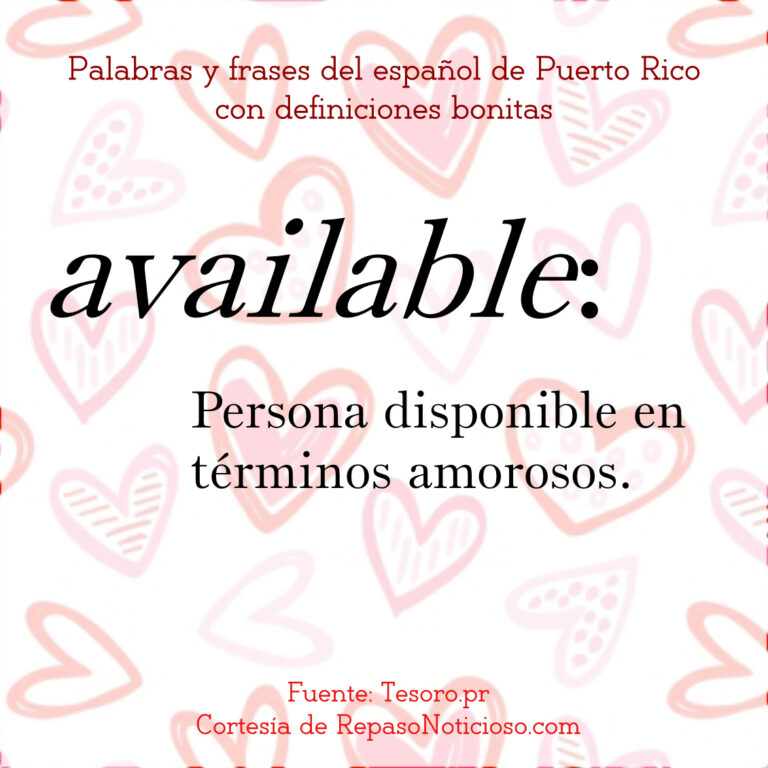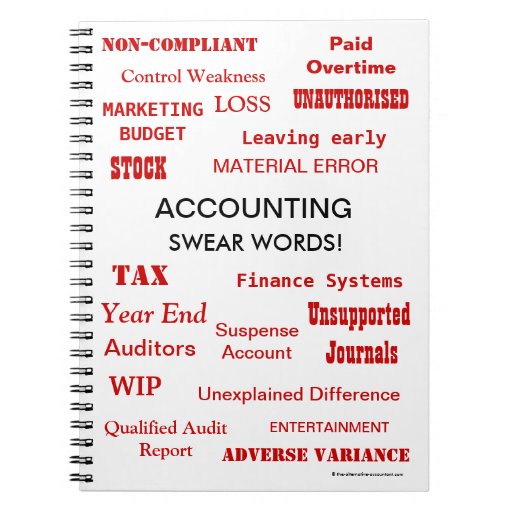Hey there, amigos and amigas! Ever wondered what makes Puerto Rican street talk so vibrant and alive? Today we’re diving headfirst into the world of Puerto Rican slang, or as locals call it, palabras de Puerto Rico groseras – the edgy, raw, and sometimes controversial side of island language. If you’re planning a trip to San Juan or just curious about Caribbean culture, this is the ultimate guide for you. So grab your favorite drink and let’s get started, porque esto es serio!
Now, before we jump into the nitty-gritty, it’s important to understand that slang in Puerto Rico isn’t just about words; it’s about community, identity, and a whole lot of flavor. The island’s unique history – a blend of Spanish, African, and Indigenous influences – has given birth to some of the most colorful expressions you’ll ever hear. And yes, some of them might raise an eyebrow or two, but that’s part of the charm, right?
In this article, we’ll explore the ins and outs of Puerto Rican slang, focusing on those spicy phrases that make conversations pop. We’ll cover everything from common insults to clever comebacks, all while keeping things respectful and informative. Let’s go!
Read also:Eastern Western Twins A Fascinating Journey Into Their Lives Culture And Shared Bonds
Table of Contents
- The Roots of Puerto Rican Slang
- Common Puerto Rican Slang Words
- Puerto Rican Insults: Tread Carefully
- How Music Shapes Slang
- Slang for Tourists: Dos y Don’ts
- The Evolution of Puerto Rican Language
- Tips for Using Slang Responsibly
- Statistics and Studies on Slang Usage
- Puerto Rican vs. Mainland Spanish Slang
- Wrapping It Up
The Roots of Puerto Rican Slang
Alright, let’s rewind the clock and talk history. Puerto Rican slang didn’t just appear out of nowhere; it’s the result of centuries of cultural exchange. From the Taíno natives who once inhabited the island to the African slaves brought over during colonial times, every group left its mark on the local language. Add in the influence of American English after 1898, and you’ve got a linguistic melting pot that’s as diverse as it is dynamic.
One of the coolest things about Puerto Rican slang is how it reflects the island’s social and political struggles. Words like “jíbaro” (originally a term for rural farmers) have been reclaimed by urban youth as a symbol of pride and authenticity. It’s not just about words; it’s about reclaiming identity and telling your own story.
Colonial Influences on Language
Back in the day, Spanish colonizers tried to impose their language on the island, but the locals had other plans. Instead of adopting pure Castilian Spanish, they mixed it up with Taíno words like “hamaca” (hammock) and African terms like “mofongo”. This fusion created a dialect that’s uniquely Puerto Rican and continues to evolve to this day.
Common Puerto Rican Slang Words
Now that we’ve covered the history, let’s dive into some of the most popular Puerto Rican slang words. These phrases are staples in everyday conversations and will definitely come in handy if you ever visit the island.
- Breguero: A person who’s always scheming or plotting something. Think of it as the Puerto Rican version of “hustler.”
- Chama: A close friend or buddy. If someone calls you “mi chama,” consider yourself part of the crew.
- Güisero: This one’s tricky. It can mean someone who’s a bit clumsy or awkward, but it can also be used affectionately among friends.
And let’s not forget about the classics like “que guayabo” (what a bummer) and “que mala idea” (what a bad idea). These phrases are as essential to Puerto Rican slang as rice and beans are to the cuisine.
Puerto Rican Insults: Tread Carefully
Okay, here’s where things get a little spicy. Puerto Rican insults, or palabras groseras, can range from playful jabs to outright offensive remarks. It’s crucial to understand the context before throwing around terms like “pendejo” or “cabrón.” What might seem funny to one person could seriously offend another.
Read also:Exploring The Delicious World Of Bagels In Germany
Common Insults and Their Meanings
Let’s break down a few:
- Pendejo: Literally means “pubic hair,” but is often used to call someone stupid or clueless.
- Cabrón: Refers to a goat, but is commonly used to describe someone who’s been disrespected or betrayed.
- Mamaguebo: A humorous way of saying someone is full of nonsense or lies.
Remember, context is king. What works in a friendly conversation might not fly in a professional setting. Use your best judgment, and always err on the side of caution.
How Music Shapes Slang
Music plays a huge role in shaping Puerto Rican slang, especially reggaeton and Latin trap. Artists like Bad Bunny and Daddy Yankee have popularized phrases like “papi chulo” and “dime tú”, turning them into everyday expressions. In fact, many young Puerto Ricans credit their favorite rappers with expanding their vocabularies.
But it’s not just about the lyrics. The rhythm and flow of reggaeton have also influenced how people speak, adding a musical quality to their conversations. It’s like every sentence comes with its own beat!
Reggaeton’s Impact on Everyday Speech
Here are a few examples of how reggaeton has influenced slang:
- Buena Vibra: A term popularized by reggaeton that means good energy or positive vibes.
- Trapero: Refers to someone who’s into Latin trap music or lifestyle.
- Papi Chulo: Originally from Daddy Yankee’s song, now used as a term of endearment or admiration.
Slang for Tourists: Dos y Don’ts
If you’re planning a trip to Puerto Rico, learning a few key phrases can go a long way. Not only will it help you communicate better, but it’ll also show locals that you’re making an effort to understand their culture. Here are some dos and don’ts to keep in mind:
Do’s:
- Learn basic greetings like “qué tal” (what’s up) and “buenas” (hello).
- Use slang like “qué onda” (what’s going on) to sound more natural.
- Ask questions if you’re unsure about a word or phrase.
Don’ts:
- Avoid using offensive slang unless you’re absolutely sure of the context.
- Don’t assume mainland Spanish slang works the same way in Puerto Rico.
- Respect local customs and traditions when using slang.
The Evolution of Puerto Rican Language
Language is always changing, and Puerto Rican slang is no exception. With the rise of social media and global connectivity, new words and phrases are emerging faster than ever. Some of these trends are driven by younger generations, while others are influenced by international pop culture.
For example, terms like “cancelado” (canceled) and “on fleek” have made their way into Puerto Rican conversations, showing how global trends can shape local language. It’s a fascinating blend of old and new, tradition and innovation.
Tips for Using Slang Responsibly
Using slang can be fun, but it’s important to do so responsibly. Here are a few tips to keep in mind:
- Listen more than you speak. Pay attention to how locals use slang and mimic their style.
- Ask for clarification if you’re unsure about a word’s meaning.
- Respect cultural boundaries and avoid using slang that might be considered offensive.
Remember, language is a tool for connection, not division. Use it wisely!
Statistics and Studies on Slang Usage
According to a study by the University of Puerto Rico, slang usage among young adults has increased significantly over the past decade. This trend is largely attributed to the rise of social media platforms like Instagram and TikTok, which encourage the use of informal language.
Another interesting finding is that slang usage varies by region, with urban areas like San Juan and Ponce using more modern slang compared to rural areas. This regional variation highlights the diversity of Puerto Rican culture and the importance of understanding local contexts.
Puerto Rican vs. Mainland Spanish Slang
While Puerto Rican slang shares some similarities with mainland Spanish slang, there are also significant differences. For example, words like “chévere” (cool) and “guayabo” (bummer) are more common in Puerto Rico, while terms like “tío” (dude) and “guay” (cool) are more prevalent in Spain.
These differences reflect the unique cultural and historical influences of each region. So if you’re used to Spanish slang from Spain or Latin America, be prepared for a whole new vocabulary when you visit Puerto Rico!
Wrapping It Up
And there you have it, folks! A deep dive into the world of Puerto Rican slang, focusing on those spicy palabras groseras that make island conversations so colorful. Whether you’re a tourist, a language enthusiast, or just someone who loves vibrant cultures, understanding Puerto Rican slang can open up a whole new world of possibilities.
So what are you waiting for? Start practicing those phrases, immerse yourself in the culture, and most importantly, have fun! And don’t forget to share this article with your friends – the more, the merrier!
Until next time, keep it groovy, and remember: “La vida es un carnaval.”


